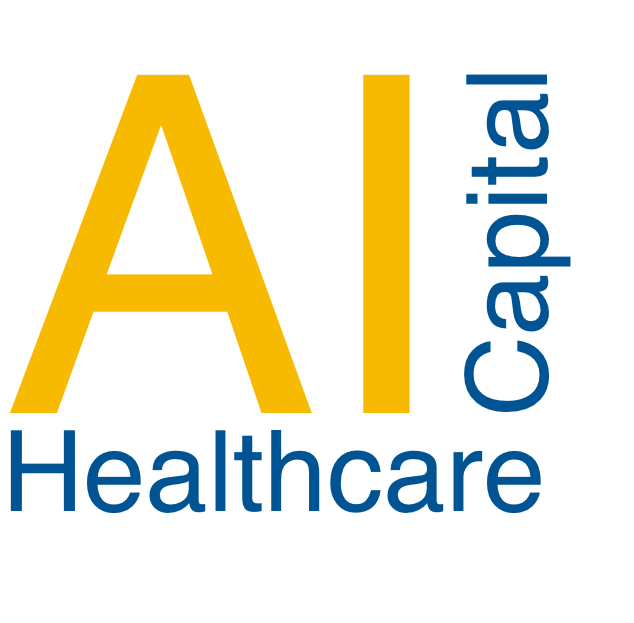by Ewelina Woloszyn, Feb. 15, 2024
“I am bent, but not broken. I am scarred, but not disfigured. I am sad, but not hopeless. I am tired, but not powerless. I am angry, but not bitter. I am depressed, but not giving up.” — Anonymous
In the effort to tackle mental health issues in the United States, new technologies are like hopeful signals showing the way.”It is estimated that more than one in five U.S. adults live with a mental illness (57.8 million in 2021).” From artificial intelligence to telehealth, these innovations hold the promise of transforming mental health care into a more accessible, personalized, and empathetic experience. But as we welcome these new improvements, it’s important to think about the right and wrong parts that come with using them. Let’s talk about the ethical things we need to think about when we use these new technologies:
1. Privacy Protection
It’s really important to keep private the stories people share about their mental health. We do this by using strong security measures, like hiding personal details and controlling who can see the information online. By keeping things private, we show respect for the bravery it takes to face and overcome mental health struggles.
2. Bias Mitigation
As we use smart technology in mental healthcare, we need to make sure it’s fair. To do that, we should collect information from a diverse group of people and check the computer programs regularly. This way, we can be sure that the new technology helps everyone equally on their path to getting better.
3. Informed Consent
Transparently articulating the purposes, risks, and benefits of using technology is essential. In simpler terms, getting informed consent acts like a guide for users in the digital world of mental healthcare. It helps build trust in the technology being used for their well-being.
“The most beautiful people we have known are those who have known defeat, known suffering, known struggle, known loss, and have found their way out of the depths. These persons have an appreciation, a sensitivity, and an understanding of life that fills them with compassion, gentleness, and a deep loving concern. Beautiful people do not just happen.” — Elisabeth Kübler-Ross. In the world of mental health technology, being ethical is like having a compass that points us toward a kinder, more inclusive, and better future.






